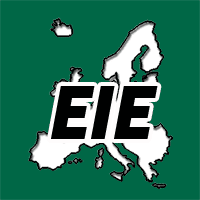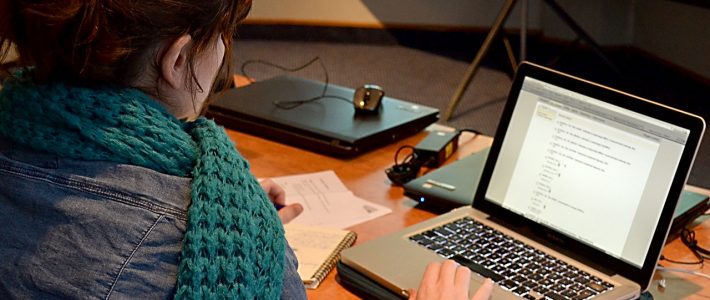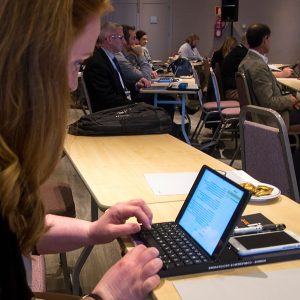The Virtual Teachers‘ Toolbox
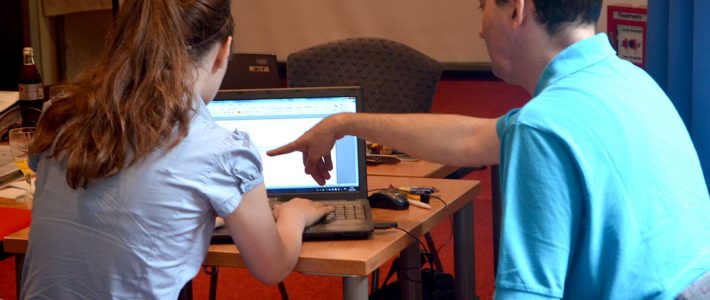
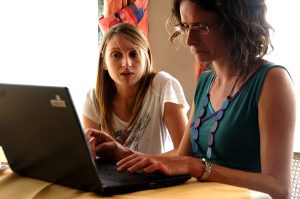
The project aims to create a special virtual toolbox for teachers as a sophisticated tool for developing Open Online Distance Learning (OODL) courses which means open, online, flexible and technology enhanced education (OOFAT). The mixture of of the partners ensures the necessary competences, values, skills and knowledge for developing an innovative approach to OODL. This project uses a strategic cooperation between formal and non-formal/informal educational providers using ICT based teaching and the enhancement of digital integration in learning. It will be enhancing teachers’ professional development and support students‘ acquisition of values, skills and competences.
The 5 consortium members are well distributed in Europe:
- University of Crete, GR (specialised in innovative education) will focus on supporting students‘ acquisition of skills and competences,
- EBI/EIE, AT is a teacher training institution with experienced in Distance Learning impacts in enhancing teachers’ professional development and in OODL
- The I.T.E Vitorio Veneto, IT and
- Colegio Internacional Costa Adeje, ES are two high schools (offering a multicultural background) with different orientation in
teaching and experienced in eLearning and modern teaching methods.
The Colegio Costa Adeje is the coordinator in the project. - The Swedish Association for Distance Education (SADE) has a special focus on OODL and OOFAT and provides experience in quality enhancement systems.
The VVT-Box methodology focuses on items which are either not yet common or still missing in Open Online Distance Education as a
- Innovative approach to OODL
- Appropriate quality enhancement framework
- Innovative and completely new motivating self-evaluation method for students (Mandala method)
- New developed innovative tool for course creators
- Special training course for teachers to implement the new methods in course creation
- Transferability and evaluation guide to enable the transfer to other educational fields
